The Government believes it is absolutely necessary to change the legislation in force since 2009 and argues that the population is in agreement. About 93 per cent of the opinions collected in the public consultation were favorable. For the Executive, the result proves “the people’s love for their homeland and for Macau”. What is certain is that about six thousand opinions were collected from a population of over 680 thousand, and that there is no consensus among analysts and jurists on the need – and usefulness – of the changes. Does it make sense to change a law that has never been applied?
The Executive, led by Ho Iat Seng, believes so and justifies the revision with the existence of “traditional and non-traditional” threats to the security of the state. To date the existing law has never been applied. Context matters. So does the chronology of the facts.
The initiative came in the wake of the protests that ravaged Hong Kong in 2019 and after Beijing imposed legislation on the subject in the neighboring city, even though in the Basic Law it is written that this is a competence of the Region.
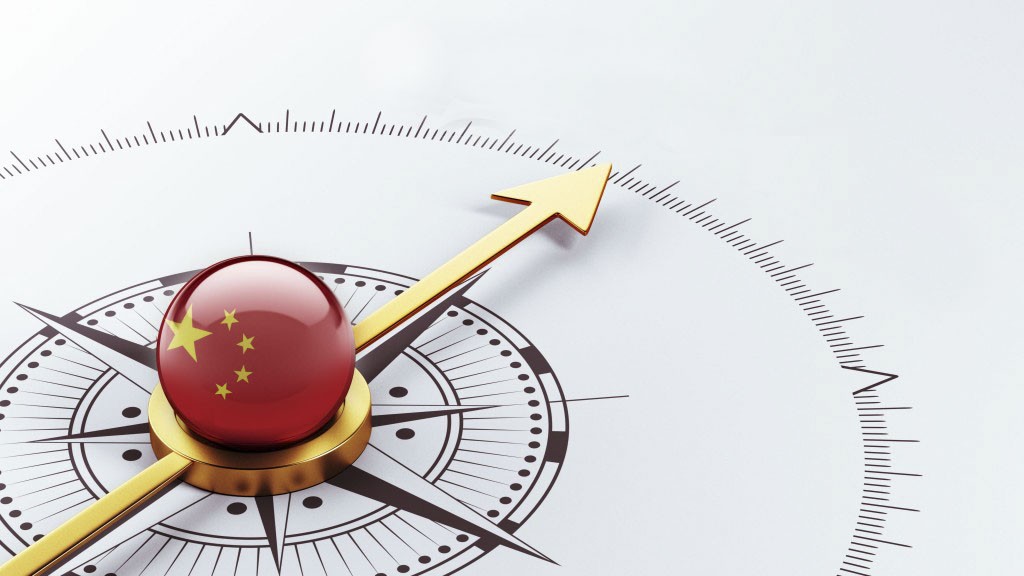
Since then, and once the national security law was passed in Hong Kong, which has its own police, there have been hundreds of arrests of activists, politicians, and academics. The opposition has gone silent and the protests in the streets have disappeared.
Read also: Macau wants to punish crimes against China’s security committed abroad
Here, more than 90 percent agree with the new version. In the public consultation, which took place between August and October, six thousand opinions were registered. Macau has more than 680 thousand inhabitants.
The Executive is categorical: “National security is a prerequisite for the practice of rights and freedoms of residents. The prevention, repression, and punishment of acts against state security can best guarantee the fundamental rights and freedoms of residents.” Experts differ.
Antonio Katchi sees no need to change the legislation, much less urgency. Frederico Rato the same. Sonny Lo understands. And so does José Costa Álvares.
“I don’t disagree that the legislation proves necessary in the face of today’s world,” argues the lawyer.
“I would say that outside interference is undoubtedly a legitimate concern of the government. We have to take into account the principle that governs our existence of ‘One Country, Two Systems’ and the geopolitical threats that require Macau to take a preventive attitude in a perspective of a region that is part of a world power,” argues Álvares.
Read also: China promises to prevent interference in Macau and Hong Kong
Sonny Lo explains that the intent is to correct gaps. “And give more power and authority to the government to protect national security, which is now defined more broadly,” stresses the Hong Kong academic.
Antonio Katchi asks: “What is the purpose? Macau already has an immensely comprehensive criminal legal framework.
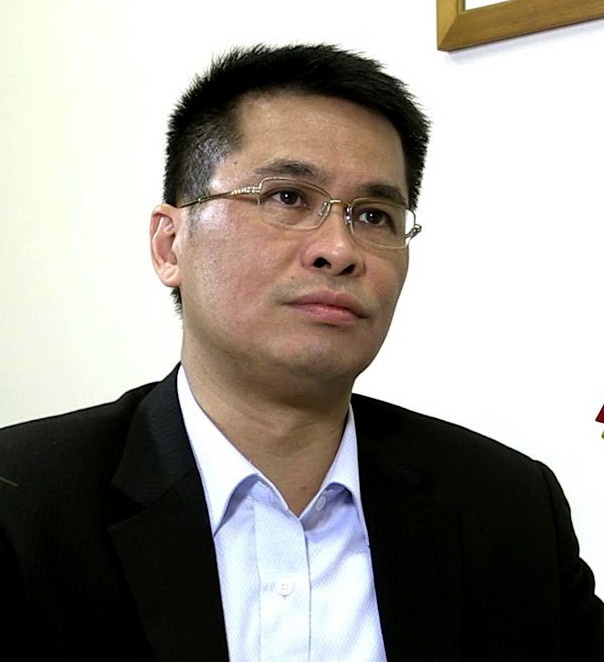
And reasons: Criminal Code, 350 articles – which includes “Crimes against the Territory,” with 54, and “Crimes against the political, economic and social system,” with 11; Laws on Organized Crime, and on Prevention and Repression of Terrorism Crimes; criminal provisions relating to “outrage” against national or regional symbols (such as Article 13 of Law No. 5/1999); and Law on the Defense of State Security, which typifies the criminal offenses of Article 23 of the Basic Law.
Having said this, he notes: “It’s a lot of legislation”. For the jurist, Criminal Law should protect only the most important legal goods, punish only the most seriously harmful behaviors, and limit penalties and security measures to the indispensable.
Read also: Macau deputy wants an end to government checks for residents outside China
Frederico Rato says that nothing happened in Macau that could jeopardize the values of sovereignty, security and the interests of state development. “Violations of the law in force?” he asks.
“None,” he answers. “Such law has not been violated once,” he reiterates. “Have the risks increased? Ordinary residents will not have realized. It seems that Macau is catching on for things it didn’t cause and wouldn’t need,” he points out.

“IS HE RIGHT? (…) JUST LOOK AT MACAU”.
Alvares stresses that most states have national security legislation. “This is evidence that the government’s attitude of acting in prevention is better than in reaction,” he emphasizes, with the caveat: “Macau lives in a situation of great harmony and peace, so that any legislation that is introduced can be covered by appropriate checks and balances to prevent the legislation from becoming an obstacle to the healthy development of society.
Katchi is suspicious and recalls the statements made by Wang Jianwei, a professor at the University of Macau, in an interview with Ponto Final.
Also read: China wants new Sino-Lusophone agenda with development and security
When asked whether the future law could lead the population to “repress possible criticisms of the government or Beijing,” the academic replied: “If they are positive criticisms that allow the government to do its work better, I think there won’t be a problem.
But if the intention of the criticism is to try to sabotage the regime…”. “The answer seemed to me to be quite clear-sighted”, emphasizes the lawyer, who asks once again: “Was he right?
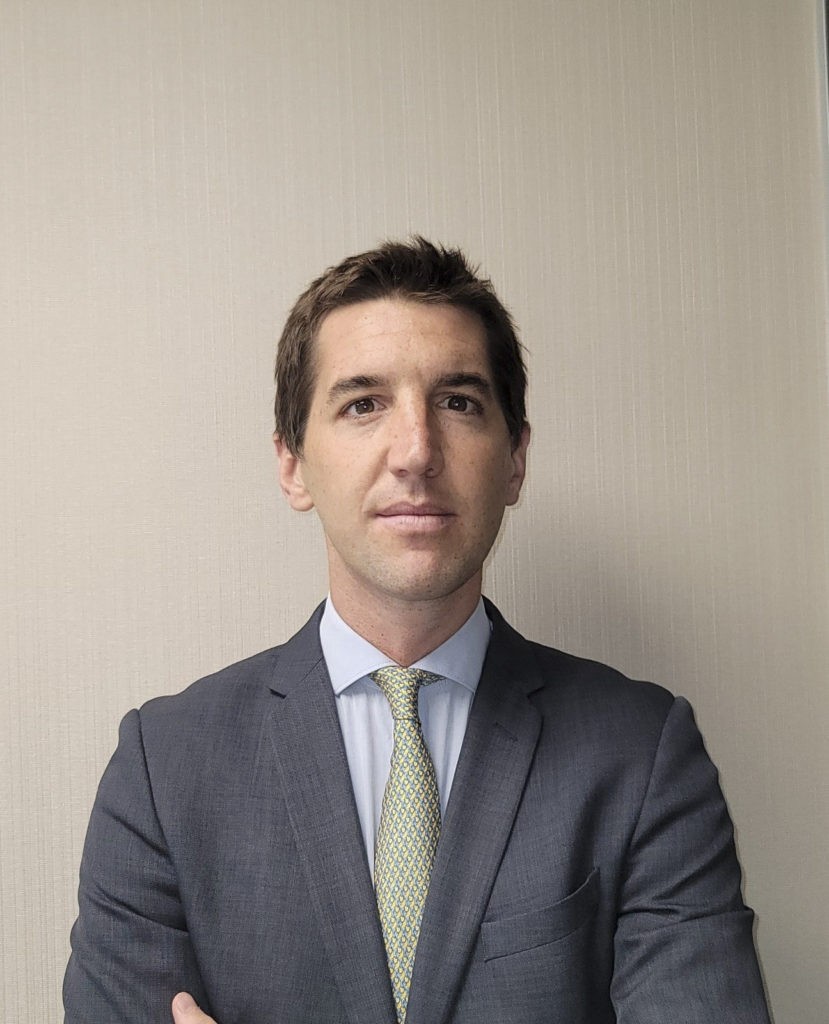
Let’s look at Hong Kong, he suggests. Stop and rephrase.
“Come to think of it, you don’t even have to. Just look at Macau’s recent past and remember who in 2020 and 2021 was found by the Public Security Police, the Legislative Assembly’s Electoral Affairs Committee, and the Court of Final Appeal to have participated or intended to participate in activities aimed at subversion of the political systems instituted in the People’s Republic of China and the Macau SAR,” he recalls.
Also read: Uncertainty continues to surround Macau’s projected gaming revenue target for 2023
“Who were they?”[Democrats] Ng Kuoc Cheong, Au Kam San, Sulu Sou, Scott Chiang, and even the thousands of anonymous people who, from 1990 to 2019, participated peacefully and orderly in the June 4th vigils at Senate Square.
Sonny Lo takes a different view. To the question of whether the new proposal respects the rule of law, he answers yes, at least for China. “According to the Chinese perspective yes, the changes are in line in that Justice will continue to have a role.” Even if only a few are able to judge national security cases: the Chinese judges.
HE WHO DOES NOT OWE, DOES NOT FEAR
“As far as the revision of the law is concerned, I didn’t want to get into pretentious pseudo-philosophical elucubrations, but the nature of this problematic leads us to the verb at the beginning: to be born,” says Frederico Rato.
Man, adds the jurist, was born equal and developed as a free and intelligent being. Then, he continues, he realized the gregarious advantage, which generated the question of power.
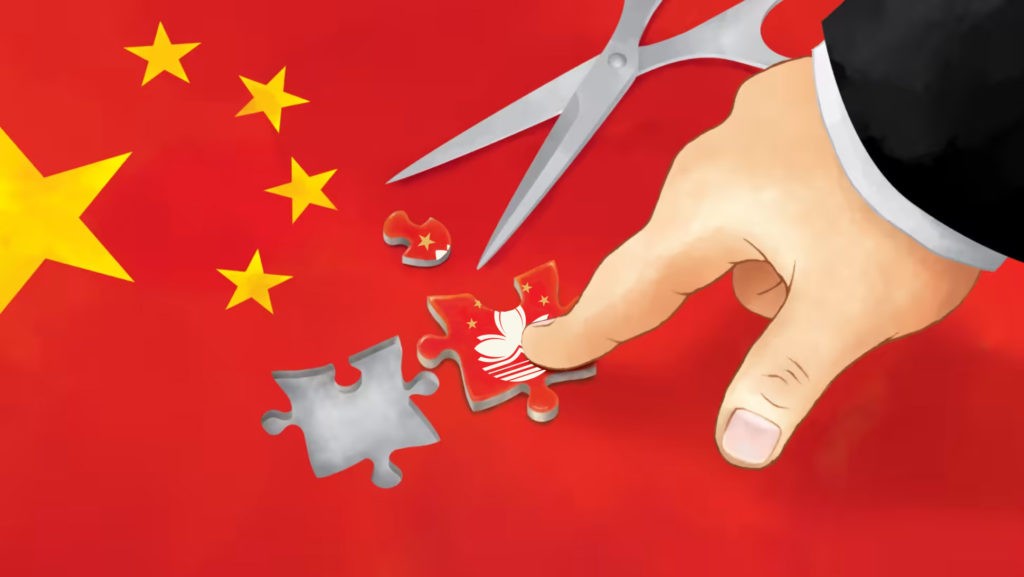
“The greatest, the chief, the king, the czar, the emperor, the president, the god, the conduct, the norm, the law, the right, the order, the justice, the rejection, the praise, the forgiveness, the submission, the medal, all under the cover of the social will and of who expresses it, who reads it, how it is ascertained, who is who,” he goes on to stress: “The question is not that of the Rule of Law, but that of who elaborates it and ensures its validity and fulfillment.
Read also: China steps up financial support for economic recovery
The question is the usual, he says. “Also universal. Who has the power, where does it come from, how does he exercise it. We talk about politics and the human condition, which is what the eternal question of power boils down to. This is where laws and their revisions, repeals, abrogations and repristinations fit in.”
In this framework, he argues, before looking at whether the law is more like this or more like that, it is important to analyze.
“First, the concern and the perspective of those who hold and exercise power, and second, to understand what a law of this nature – through its wording, interpretation and application – can mean in the life of any citizen who is aware of and participates in the community he or she is part of and serves, and draw conclusions from this.
The government is reassuring the most anxious. At one of the public consultation sessions, the Secretary for Security said, “If you have nothing to hide, you have nothing to worry about.” For Sonny Lo, Wong Sio Chak is right: “The changes will only pose a threat to those who commit acts that will be blatant violations of national security,” he argues.
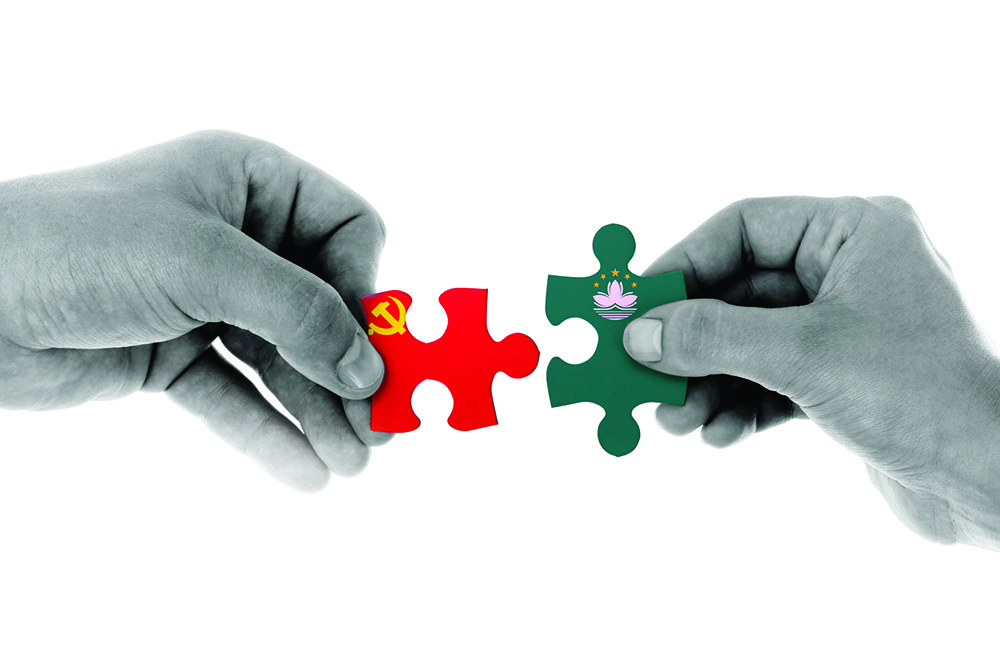
“The majority of Macau’s population respects the authority of the regional and central governments, and therefore there is nothing to fear,” he assures.
Also read: Number of visitors to Macau rises 76.8% in October
Alvares also rules out dangers. “In general, I tend to agree with the maxim, ‘Those who should not, do not fear.’ People tend to overreact to proposals, but really if they haven’t committed any crime, I wonder what the fear is,” he says.
“In Macau there is freedom of speech, just because you send a message critical of the government, you won’t end up in jail. I’ll tell you something else, since CCTV has been installed in the city, Macau has become a much safer city.
CHANGES NEW PROVISIONS
- Criminal means of secession from the State are no longer limited to violent or other serious offences;
- It expressly provides for concrete acts aimed at the secession of the State and the destruction of its unitary character;
- The crime of subversion against the Central Government is now called “subversion against the political power of the State;
- It is suggested that in the current crime of sedition it be added that anyone who publicly and directly incites the crime of rebellion that harms the stability of the state is criminally punishable;
- The crime of “subtraction of a state secret” is renamed “violation of a state secret”;
- The revised law provides for the punishment of anyone, even those abroad, who commits crimes against China’s national security.



